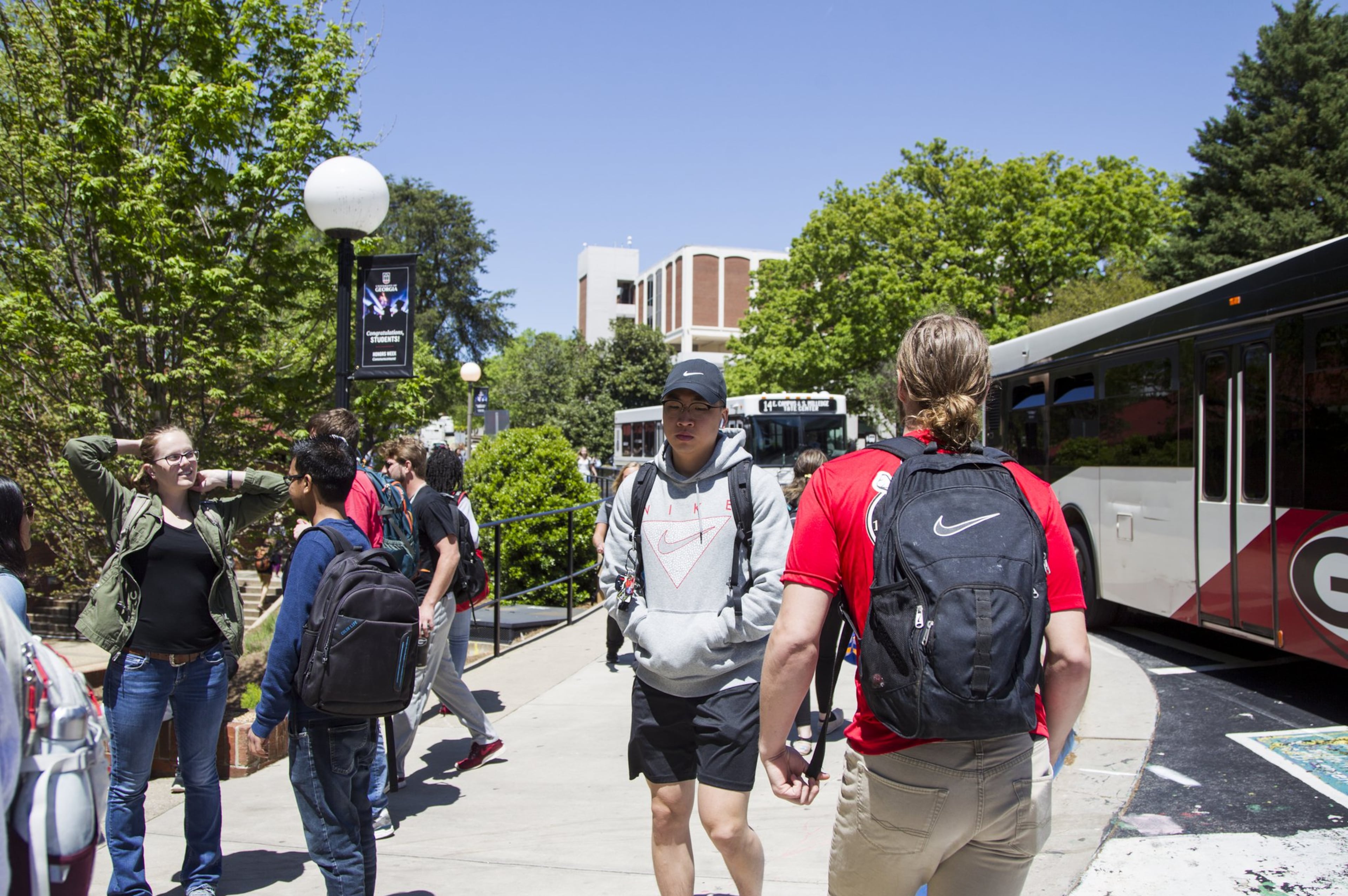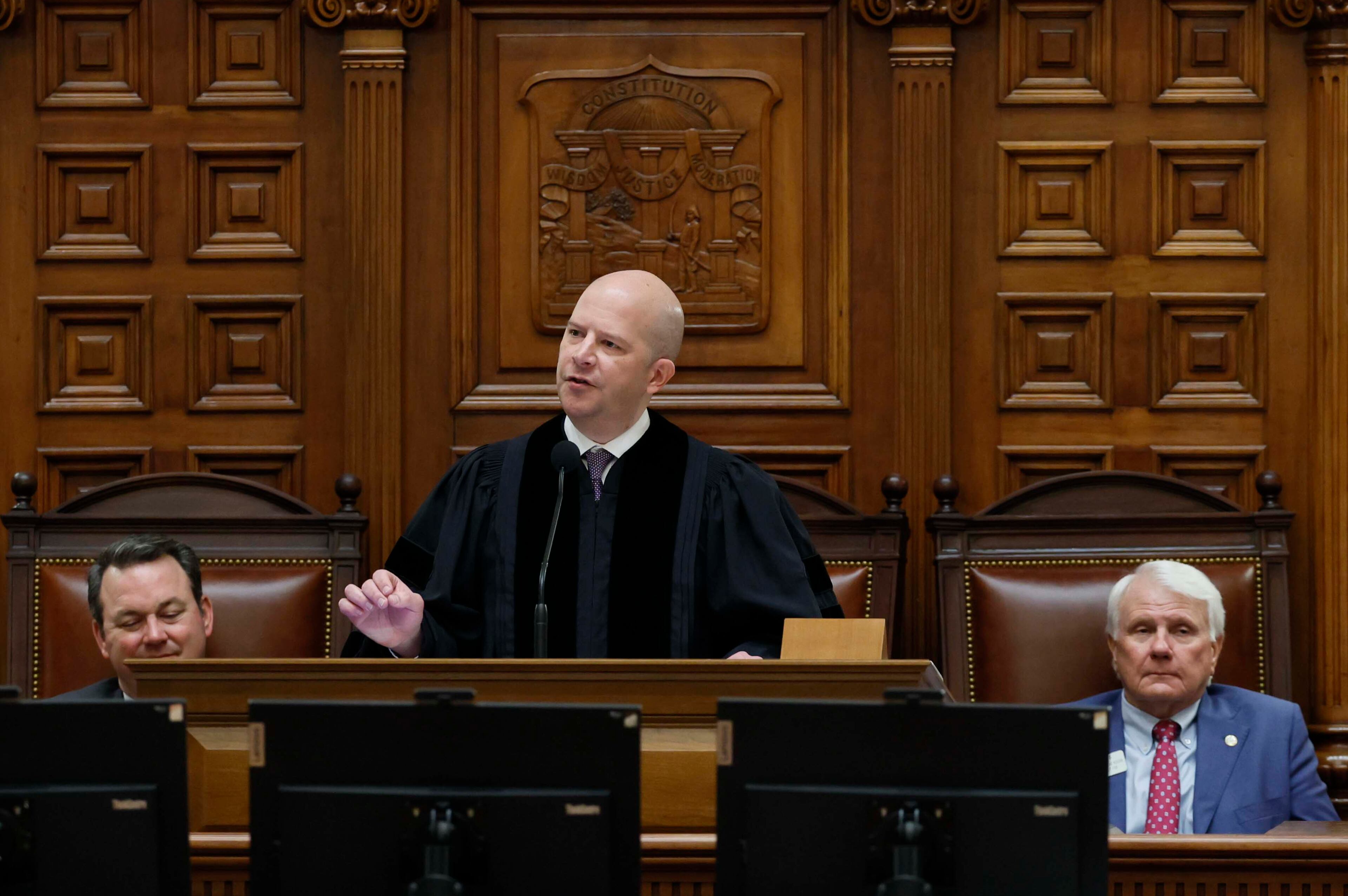Students, why are you here?

Why are you here?
For a decade now I have been asking this question on the first day to students in my freshmen writing courses at the University of North Georgia.
The answers are what you might expect. Some say they are in the class to learn about English. Some say they are in college to get a degree. And some are a bit more jaded. It’s required.
I explain that requirement and why it matters. I also explain the history of the course dating back to Harvard in the 1800s. And I explain to them my course design and what we will do in the coming weeks.
But this fall, I’ll have to note in a more serious tone the extraordinary way my question has changed.
We in higher education have become something different now since artificial intelligence has been let loose on the world. We once were citadels of truth and centers of thought. We once were a curriculum of critical thinking, civics, and the specified discourses of fields like sociology and biology. We are now, especially in courses that demand writing on the scale of essays, either so inseparably intertwined with AI or building syllabus moats against it. AI is the future for either camp. And to be quite honest, it’s soul-crushing.
If there is a middle ground in this new massive gap, I try to sit in it. I don’t think AI is good for developing thinkers or writers but I allow for the possibility of its use in my class with a lengthy procedure for students to admit how and why they used it. Even then that confession leads to a discussion, not a grade.
I believe students in my class have used AI extensively and haven’t admitted it. The problem of AI is unsolvable for fully online courses. And to the chagrin of many banning it, there is no foolproof way to know if a paper is an AI creation. Frankly, I’m not that interested in knowing. I am interested in knowing how students think about writing and reading. But if a student wants to cheat, they will find a way.
Which brings me back to my initial question: Why are you here? It’s the only way forward in my opinion. On the first day coming soon, I’ll try to convince students to take the hard road where learning is done on their own, at a much slower pace, and isn’t always a line of progress. On this road, students can fail, succeed, fail again and never learn what a good AI prompt is.
I’ll say directly that they can, if they want, most likely use AI in any course and get an A. They can use it to write, read, respond, communicate, and create anything that is needed to graduate. At this point a student experience in a classroom could be entirely mediated by AI.
But not their whole experience on campus. Yes, this generation is as glued to their phones as I am. Yet college calls out to them to not only learn the humanities but practice them.
This is the choice that the invasion of AI has made clear. It’s as black and white as that. This is what my question poses.
As an aside, if you are wondering about faculty use of AI, many educational software companies are selling to universities AI grading tools. And yet some professors have said they are moving to in class writing or oral exams. But I’ll be shocked if the burden of that initial reaction doesn’t wear them down enough to go forward with some allowable use of AI.
I’ll likely end my first day lecture on a personal note to use all the available means of persuasion to steer students away from AI.
I’ll say this: Two decades ago I went to college to become a journalist. I knew learning that profession at the school I matriculated at would result in some form of employment. I even went into debt to do it.
How does one learn to be a journalist in the age of AI? I will tell them like back in my day I would have to dedicate myself to learning the profession in depth — its practices, its ethics, its history, and its calling. By the time I learned all that, I suspect I would be a different person, someone shaped by my education. Shaped in such a way to want my profession to be pursued by people, not servers. That is what an education is supposed to do.
I’ll tell students to insert their major into my story. I bet even the computer science majors will agree.
Class dismissed.
Matthew Boedy is an associate professor of rhetoric and composition at the University of North Georgia and conference president of the Georgia chapter of the American Association of University Professors, a national organization that represents the interests of college and university faculty members.


